Introduction
In the ever-evolving landscape of electronics, Flexible Printed Circuits (FPCs) are revolutionizing how we design and use devices. These circuits, known for their versatility and reliability, have become a cornerstone in modern technology, influencing various industries from consumer electronics to medical devices. As a leader in this field, Gekun stands at the forefront of innovation, delivering high-quality FPC solutions that meet the demands of today’s dynamic market. This article will explore the intricacies of Flexible Printed Circuits, their applications, advantages, and how Gekun is setting new standards in the industry.
Table of Contents
1. What are Flexible Printed Circuits?
2. The Evolution of Flexible Printed Circuits
3. Key Benefits of Flexible Printed Circuits
4. Applications of Flexible Printed Circuits
– Consumer Electronics
– Automotive Industry
– Medical Devices
– Industrial Applications
5. Gekun’s Role in the Flexible Printed Circuit Industry
6. The Future of Flexible Printed Circuits
7. Conclusion
1. What are Flexible Printed Circuits?
Flexible Printed Circuits (FPCs) are a type of electrical circuit that can be bent, twisted, and folded without losing their functionality. Unlike traditional rigid printed circuit boards (PCBs), FPCs are made using flexible substrates, such as polyimide or polyester films, which allow them to fit into compact and irregular spaces. This flexibility makes them ideal for applications where space and weight are critical factors.
2. The Evolution of Flexible Printed Circuits
The development of FPCs dates back to the 1950s when they were first used in military applications. Over the decades, advancements in materials and manufacturing techniques have significantly enhanced their performance and reliability. Today, FPCs are ubiquitous in various high-tech devices, from smartphones and tablets to complex aerospace systems. Gekun has pioneered this evolution, consistently pushing the boundaries of what FPCs can achieve through continuous innovation and research.
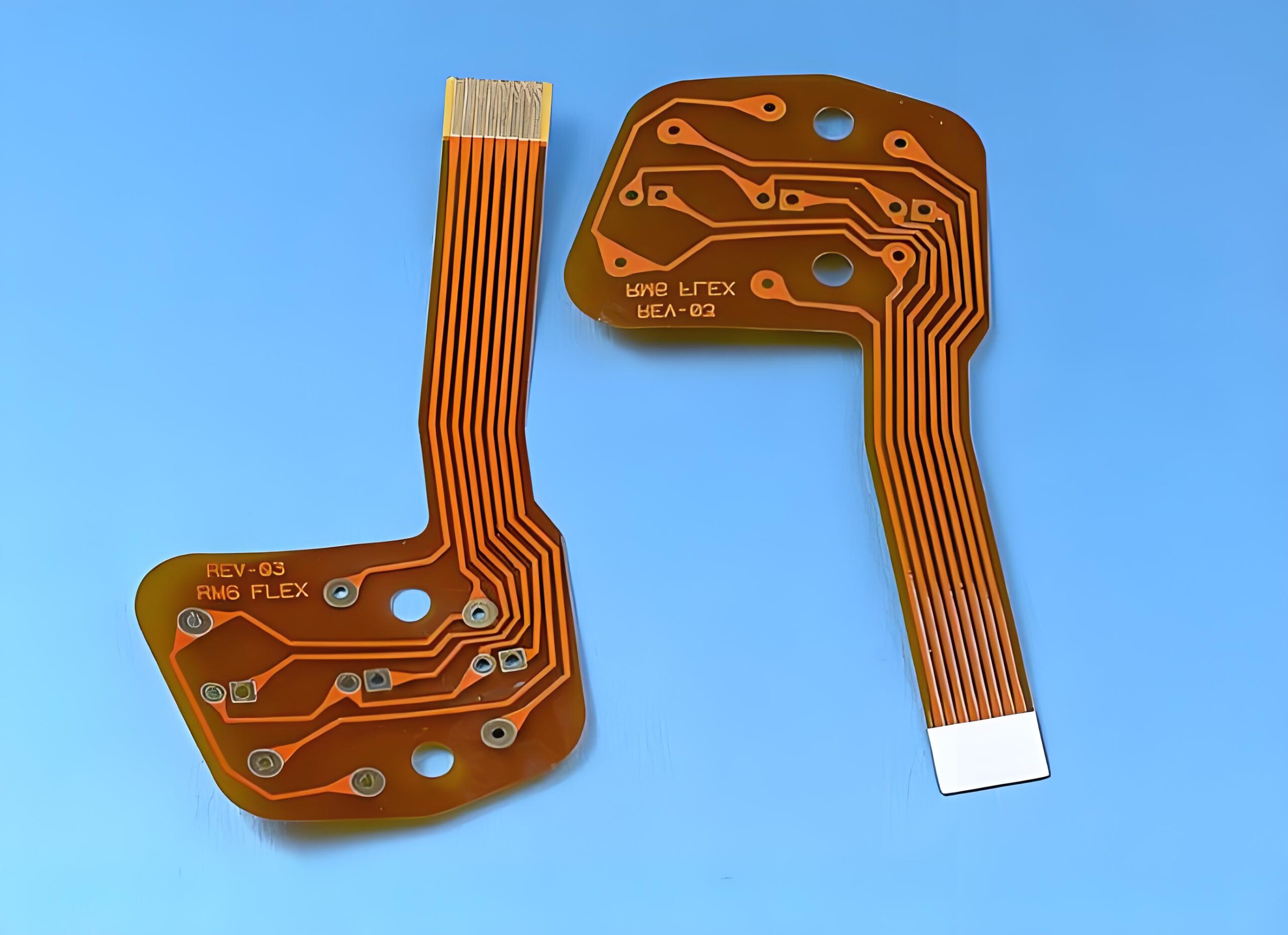
3. Key Benefits of Flexible Printed Circuits
FPCs offer numerous advantages over their rigid counterparts:
Flexibility and Versatility: Their ability to conform to different shapes and spaces makes them indispensable in compact electronic designs.
Reduced Weight and Space: FPCs are lightweight and can replace bulky wiring, contributing to overall product miniaturization.
Durability: Made from robust materials, FPCs can withstand harsh environmental conditions, making them suitable for outdoor and industrial applications.
Improved Signal Integrity: With fewer interconnections, FPCs reduce the risk of signal loss and electromagnetic interference.
Cost-Effective: When used in mass production, FPCs can reduce assembly costs and improve production efficiency.
Gekun leverages these benefits to provide customized FPC solutions that cater to the specific needs of their clients.
4. Applications of Flexible Printed Circuits
Consumer Electronics
The consumer electronics industry has been one of the primary beneficiaries of FPC technology. Flexible circuits are integral components in devices like smartphones, tablets, laptops, and wearable technology. Their ability to bend and flex without breaking enhances the durability and functionality of these devices.
Automotive Industry
In the automotive sector, FPCs are used in various applications, including dashboard electronics, LED lighting systems, and sensor systems. Their robustness and flexibility make them ideal for the demanding conditions within vehicles, where space is limited, and reliability is paramount.
Medical Devices
The medical field relies on FPCs for devices that require precision and reliability. From diagnostic equipment to wearable health monitors, FPCs enable the creation of compact, lightweight, and durable medical devices. Gekun’s advanced FPCs meet stringent medical standards, ensuring patient safety and device efficacy.
Industrial Applications
In industrial settings, FPCs are used in robotics, instrumentation, and control systems. Their ability to operate in extreme conditions, coupled with their lightweight nature, makes them suitable for high-performance industrial applications. Gekun’s flexible circuits are designed to withstand the rigors of industrial environments, providing long-lasting and reliable performance.
5. Gekun’s Role in the Flexible Printed Circuit Industry
As a leading manufacturer of Flexible Printed Circuits, Gekun is dedicated to advancing FPC technology. The company’s commitment to quality and innovation has earned it a reputation for excellence. Gekun’s FPCs are known for their superior performance, durability, and adaptability, making them a preferred choice across various industries.
Innovation and Research
Gekun invests heavily in research and development to stay ahead of industry trends. By exploring new materials and manufacturing processes, Gekun continuously enhances the capabilities of their FPCs, ensuring they meet the ever-evolving needs of the market.
Quality Assurance
Quality is at the core of Gekun’s operations. Each FPC undergoes rigorous testing to ensure it meets the highest standards of performance and reliability. Gekun’s state-of-the-art manufacturing facilities are equipped with the latest technology, enabling precise production and quality control.
Custom Solutions
Understanding that each application is unique, Gekun offers customized FPC solutions tailored to specific requirements. Whether it’s a complex multi-layer circuit or a simple single-layer design, Gekun’s team of experts works closely with clients to deliver optimal solutions that enhance their products’ performance and functionality.
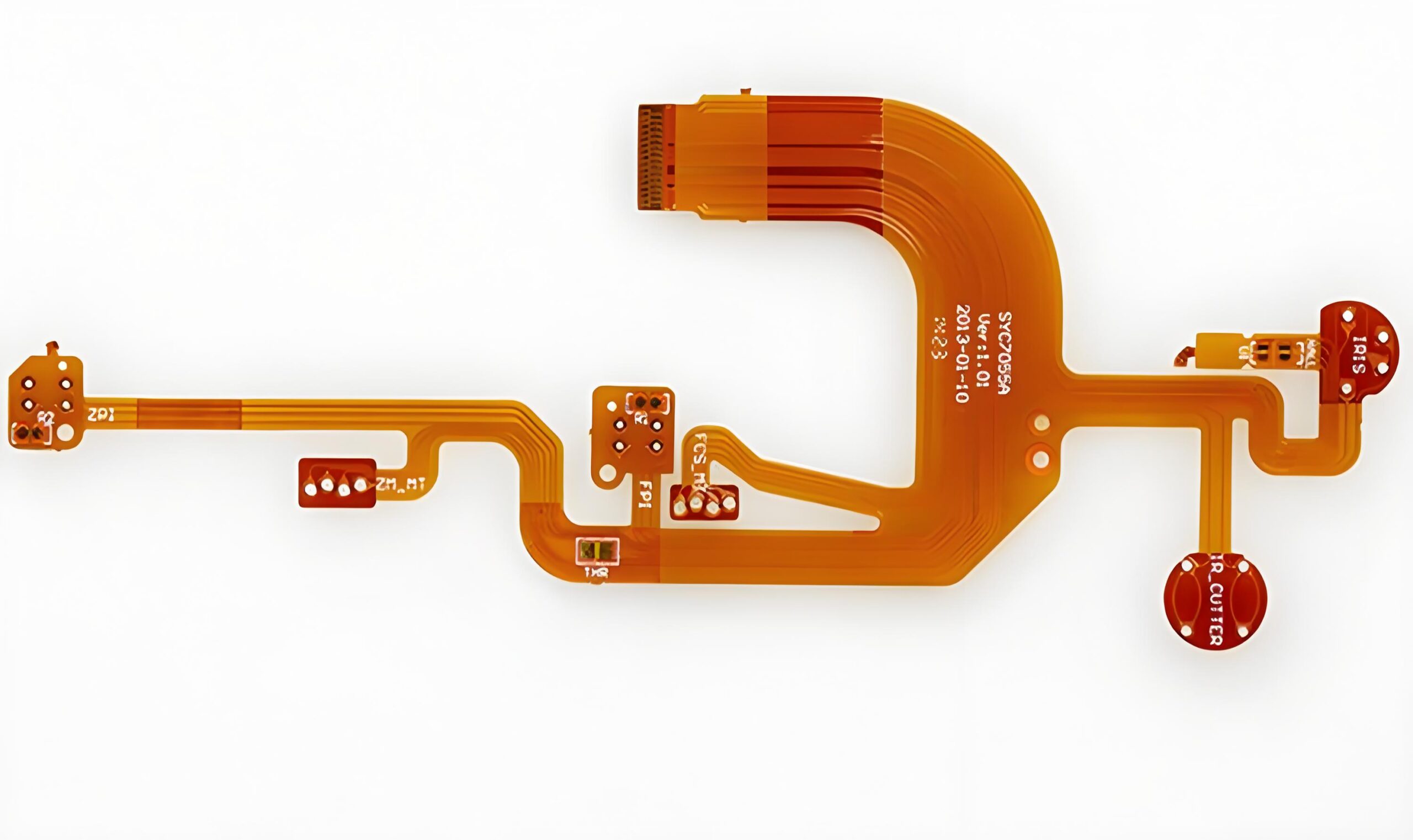
6. The Future of Flexible Printed Circuits
The future of FPCs looks promising, with continuous advancements in materials, design, and manufacturing processes. As the demand for more compact, lightweight, and reliable electronic devices grows, FPC technology will play a crucial role in meeting these needs. Gekun is poised to lead this charge, with ongoing investments in innovation and a commitment to excellence.
Emerging trends such as the Internet of Things (IoT), wearable technology, and smart devices will further drive the adoption of FPCs. Gekun’s expertise and forward-thinking approach position it well to capitalize on these trends, delivering cutting-edge solutions that redefine the possibilities of flexible electronics.
Conclusion
Flexible Printed Circuits are at the heart of modern electronics, providing the flexibility, durability, and efficiency needed in today’s fast-paced world. Gekun’s dedication to quality and innovation has established it as a leader in the FPC industry, offering solutions that meet the diverse needs of its clients. As technology continues to evolve, Gekun remains committed to pushing the boundaries of what is possible with Flexible Printed Circuits, ensuring a brighter and more connected future.
By understanding the significance and applications of Flexible Printed Circuits, and recognizing the role of innovators like Gekun, we can appreciate the profound impact these tiny yet powerful components have on our everyday lives and the technological advancements of tomorrow.
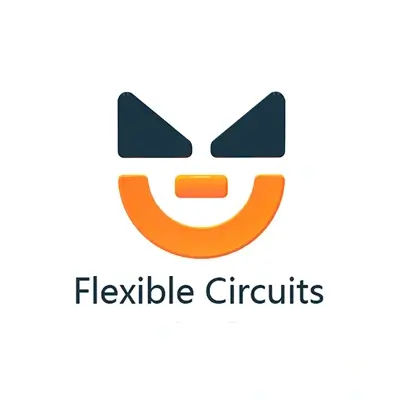
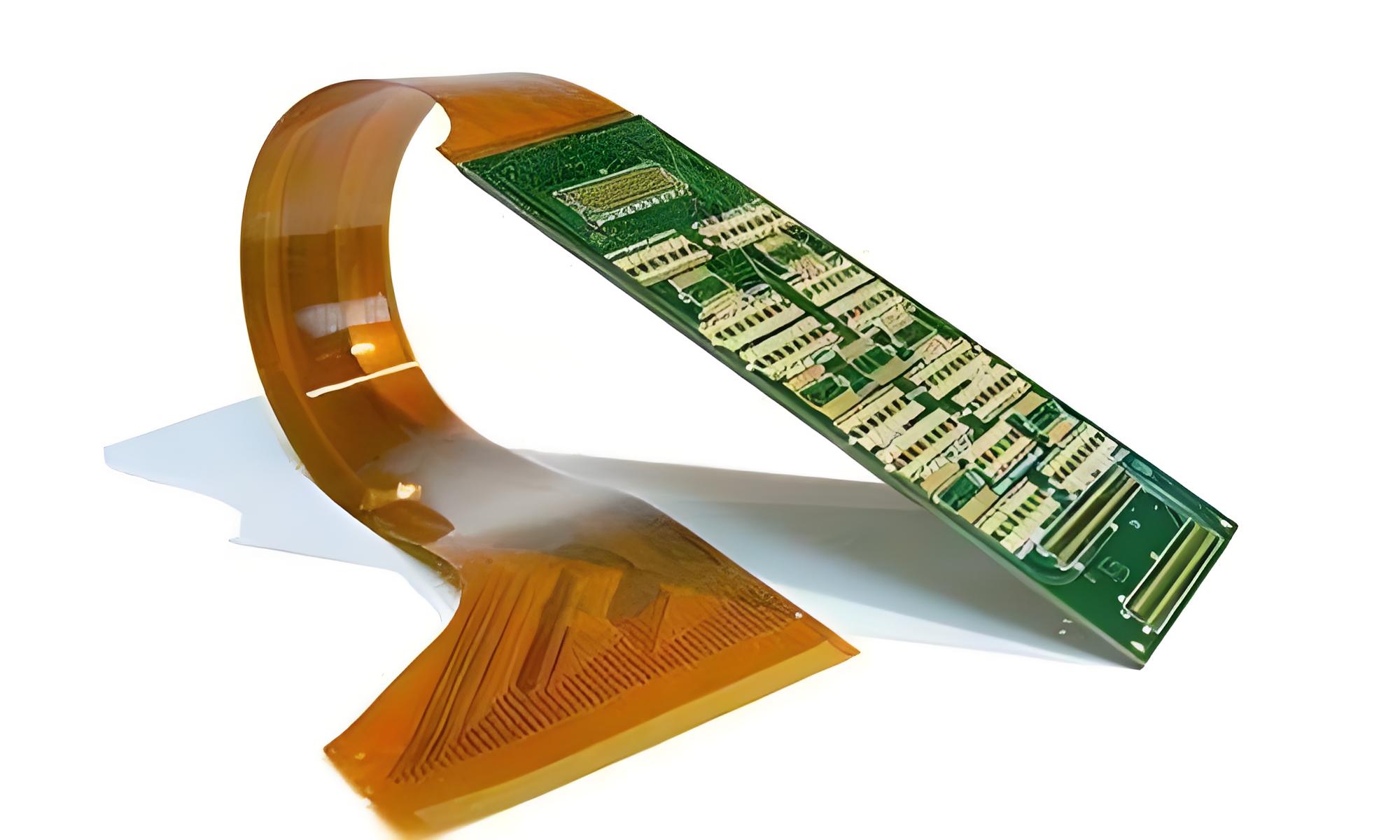
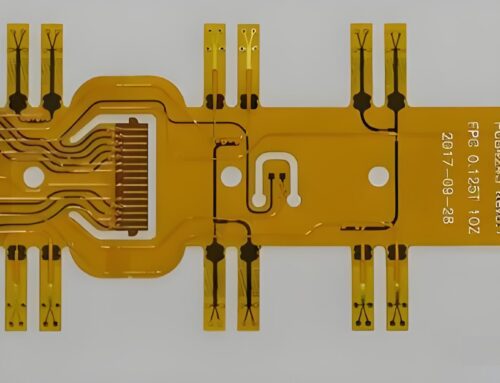
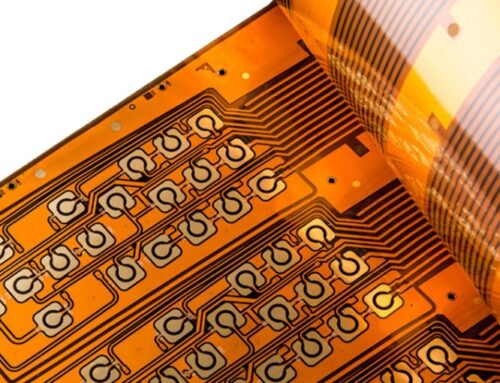
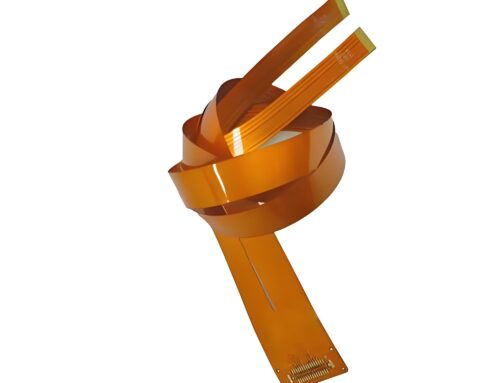



Leave A Comment